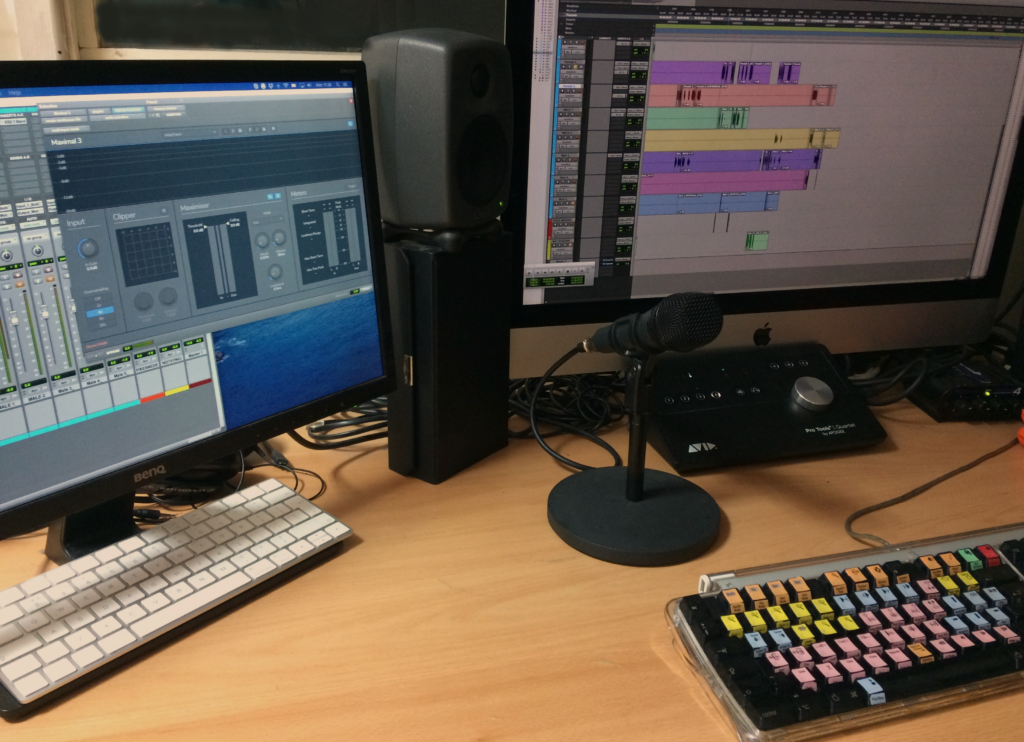The job of a sound engineer is not, as some may think, one of pressing a button behind a screen.
It is in fact much more interesting with several areas of execution.
The sound engineer creates, modifies and produces audio files. It is a profession in which an engineer can work for concerts, shows, but also in festivals. They can also work on tours, in media such as television and radio, and finally, as here at Studios 2002 Media, in a recording studio.
The sound engineer is a good option if you want to work in the film industry but don’t want to be in front of the camera like an actor or singer.
You should know that their presence is often just as important as that of an actor. They are the person who directs the actor, who says when the artist is speaking/singing/acting. Some jobs will have a specific voice director, but often (especially on smaller budget jobs) the engineer is asked to double up and direct actors. Also, sometimes they know better how to get what they need quickly from an actor of a director, who uses complex ideas which can confuse an actor.

Sound engineers also work on sounds for film and games, such as wind noises for a bird flying or engine noises when a discussion is taking place in a car. All this is made possible by the sound engineer working on all these little subtleties that make a film even better.
At a concert, if there was no sound management, you would hear all the big instruments, but thanks to the sound engineer, you will have the perfect match for the best result in your ears.
Here at 2002 Studios, the sound engineer has multiple tasks to perform, such as audio editing, casting new voices, but his or her main task is to manage the sound recording while the artist does the dubbing or voice-over. To do this, he or she has access to quality equipment, in order to obtain pure and impeccable sound to satisfy the client’s request in time.
Some skills
- Organised: This implies a very good organisation, the recording of the artists must be precise so you have to be concentrated. You can work on big projects, so you have a deadline.
- Imaginative: You always have to find the best sound effects and all projects are different, so you have to create each time.
- Attentive: A sound engineer has to work with precision, speed and give direction to get the best result.
- Understanding sound, and plug ins, so they know how to edit/improve the sound.